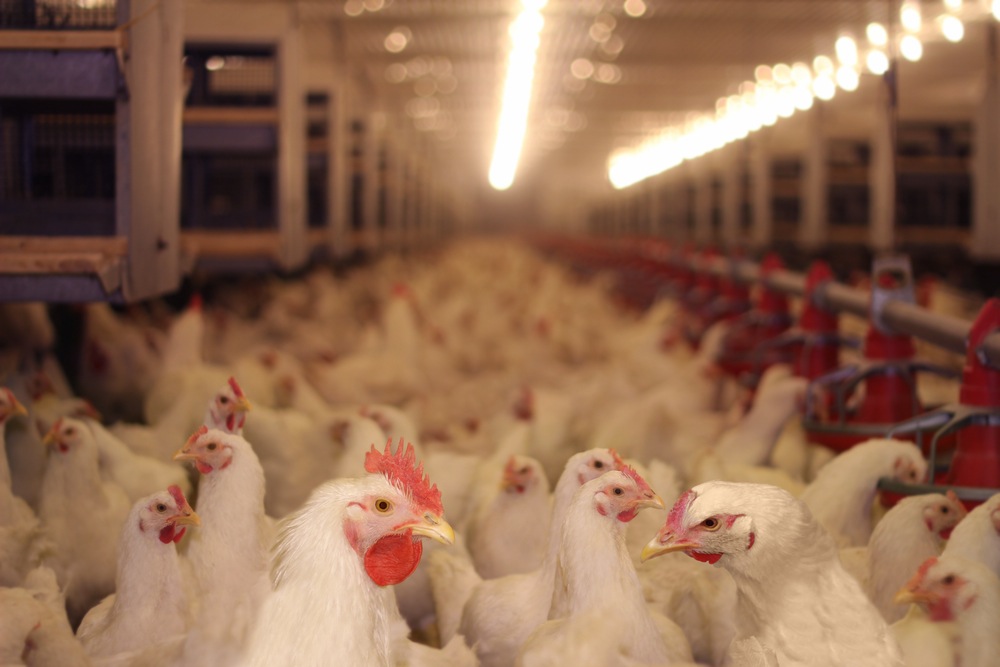Tyson Foods, the largest processor of meat and poultry in the United States, announced today that it would significantly curtail the use of antibiotics in its U.S. meat chickens by the end of September 2017. Specifically, it will eliminate all those antibiotics which are medically important to humans.
Sasha Stashwick at the Natural Resources Defense Council framed the news this way: “I’m going to call it and say we’ve now hit the tipping point for getting the chicken industry off antibiotics.”
Tyson had previously stopped using antibiotics in its hatcheries, and says that it has reduced its use of medically important antibiotics by 80 percent since 2011. Other companies have already cut back: Perdue cut 95 percent of human antibiotics, Fieldale Farms has been antibiotic-free since 2011, and Pilgrims is eliminating antibiotics from 25 percent of its flock.
There is a big caveat here: The elimination of antibiotics has mostly been limited to chicken flocks in the U.S., but these are big multinational corporations. Tyson, for instance, has significant operations in China, India, and Mexico. When it uses antibiotics in those countries, microbes will pass around antibiotic-resistant genes, just as they would here. And in our high-speed, well-connected world, germs skip from continent to continent pretty easily.
So the U.S. may be at the tipping point for antibiotic use in poultry, but the rest of the world isn’t, yet. Still, the fact that big corporations are pulling this off in the U.S. quashes the argument that it simply can’t be done. Sure, eliminating human antibiotics takes work, but I suspect that once Tyson figures it out in the U.S., it will try it in its overseas operations as well.
Then there’s the question of whether it’s enough to eliminate just the antibiotics that are medically important to humans. There is a (highly unlikely) chain of events by which microbes resistant to veterinary antibiotics could cause problems for humans. That’s something to think about, but it’s a completely different order of risk: Using medically important antibiotics in agriculture is like driving without a seatbelt; using veterinary antibiotics is like driving without a helmet.
So far, chicken producers have been the quickest among animal farmers to cut antibiotics. But the practice should spread: Tyson announced that it will start meeting with beef, pork, and turkey farmers in its supply chain this summer.



